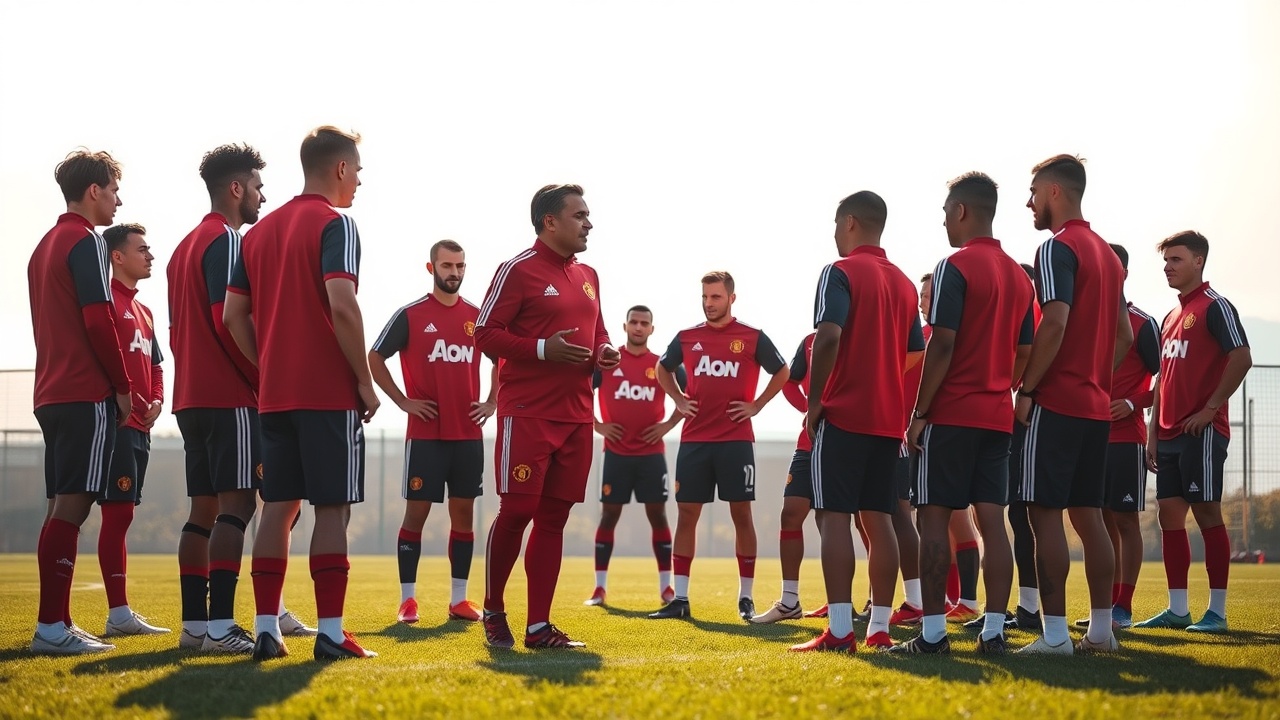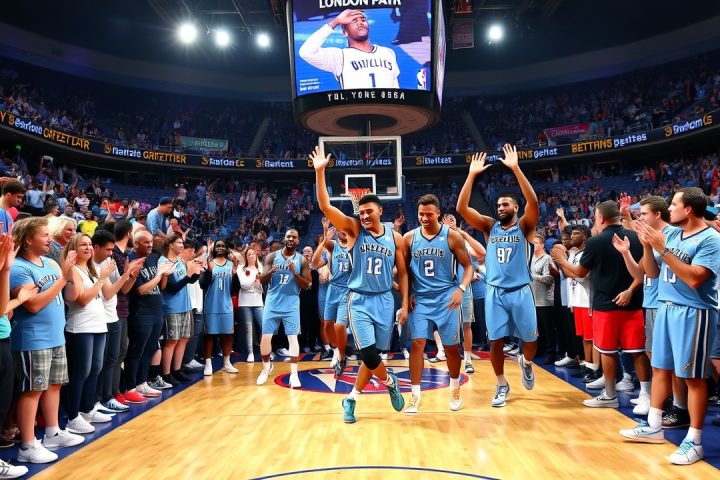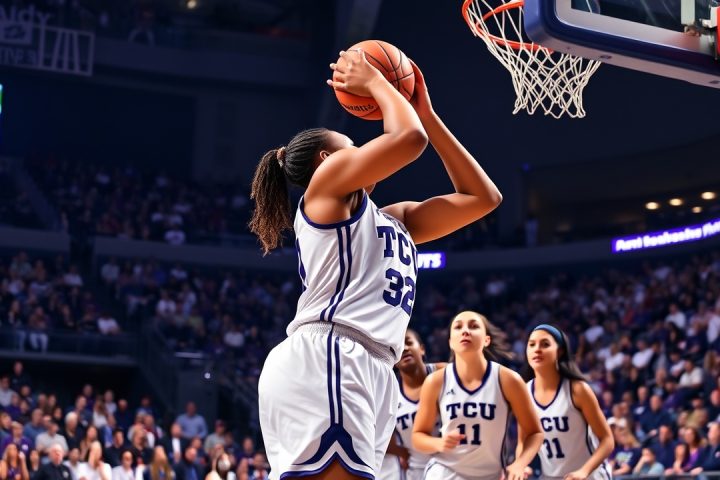Ruben Amorim Defends Tactical Choices Amid Criticism
Ruben Amorim, the head coach of Manchester United, has publicly defended his tactical choices in light of growing criticism regarding his team’s performance. As the Red Devils prepare to host Sunderland this Saturday, the Portuguese manager has faced scrutiny for his persistent use of the 3-4-3 formation, despite calls to revert to a traditional back four.
Press Briefing Insights
In a recent press briefing, Amorim firmly contended that the team’s underwhelming results, including a 3-1 loss to Brentford last weekend, are not a direct consequence of his chosen formation.
“If we lost to Arsenal because of the system, then it’s up to the media to form that opinion,”
he stated, indicating that he believes support should focus on the actual match dynamics rather than tactical setups. He also pointed out that during the game against Manchester City, the tactical arrangement was not the primary concern that stood out to observers when the match began.
Performance Over Formation
Amorim maintained that the nature of the goals conceded and the opportunities created during matches has little to do with the formation he employs.
“My view is that when I analyze our unsuccessful matches, I do not think the formation is the reason for those losses. It’s all about performance on the field,”
he explained, emphasizing that opinions can vary, which he respects.
Pressure from Former Players
The criticism has intensified, particularly from former United players like Wayne Rooney and Gary Neville, both of whom have hinted at the possibility of Amorim needing to step down after a dismal record of only nine victories out of 33 Premier League matches. Acknowledging the pressure of results, Amorim remarked,
“I can’t escape the reality of our performance. The only resolution is to begin winning matches to silence the doubters.”
Looking Ahead
Reflecting on the current season, Amorim noted,
“The games this year are distinct from last season’s. We are lacking in certain areas, and despite some similarities, we have not consistently played as a cohesive unit this time round,”
he concluded. As Manchester United strives to veer towards a more victorious path, the clock may be ticking for Amorim to prove his strategy’s effectiveness; beyond the noise of criticism lies the urgent demand for tangible results on the pitch.




